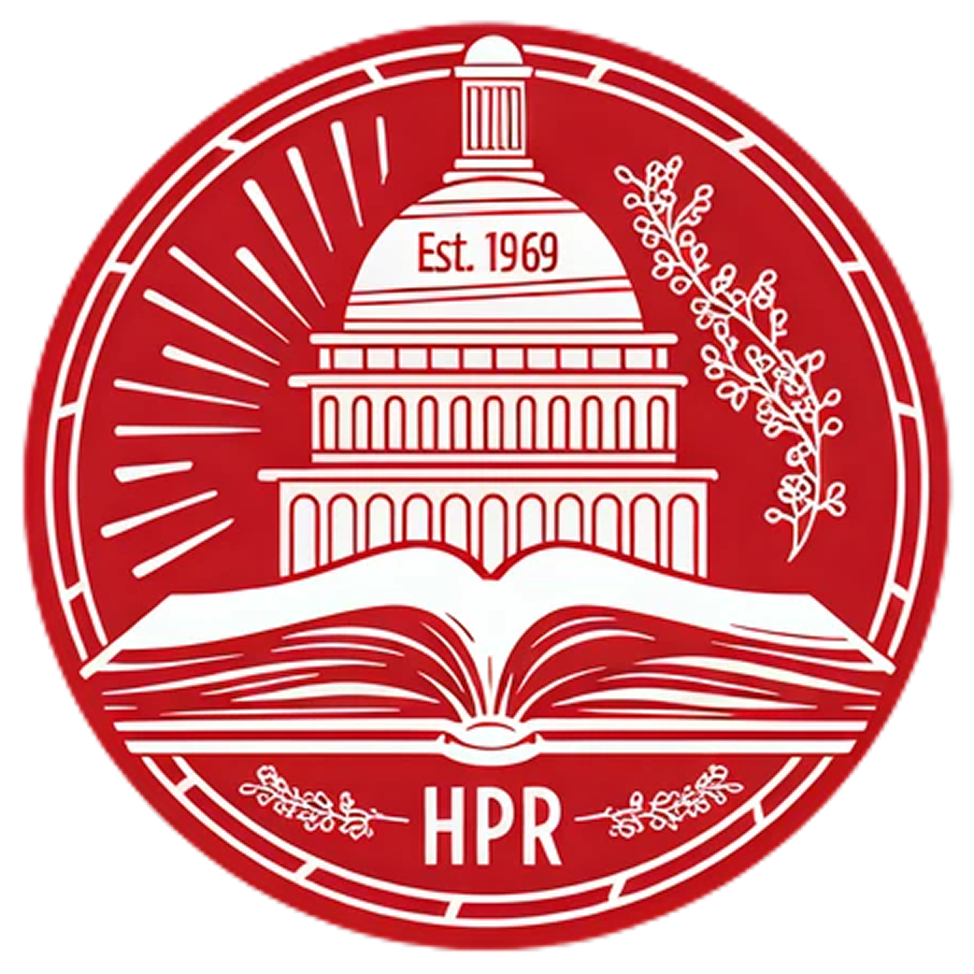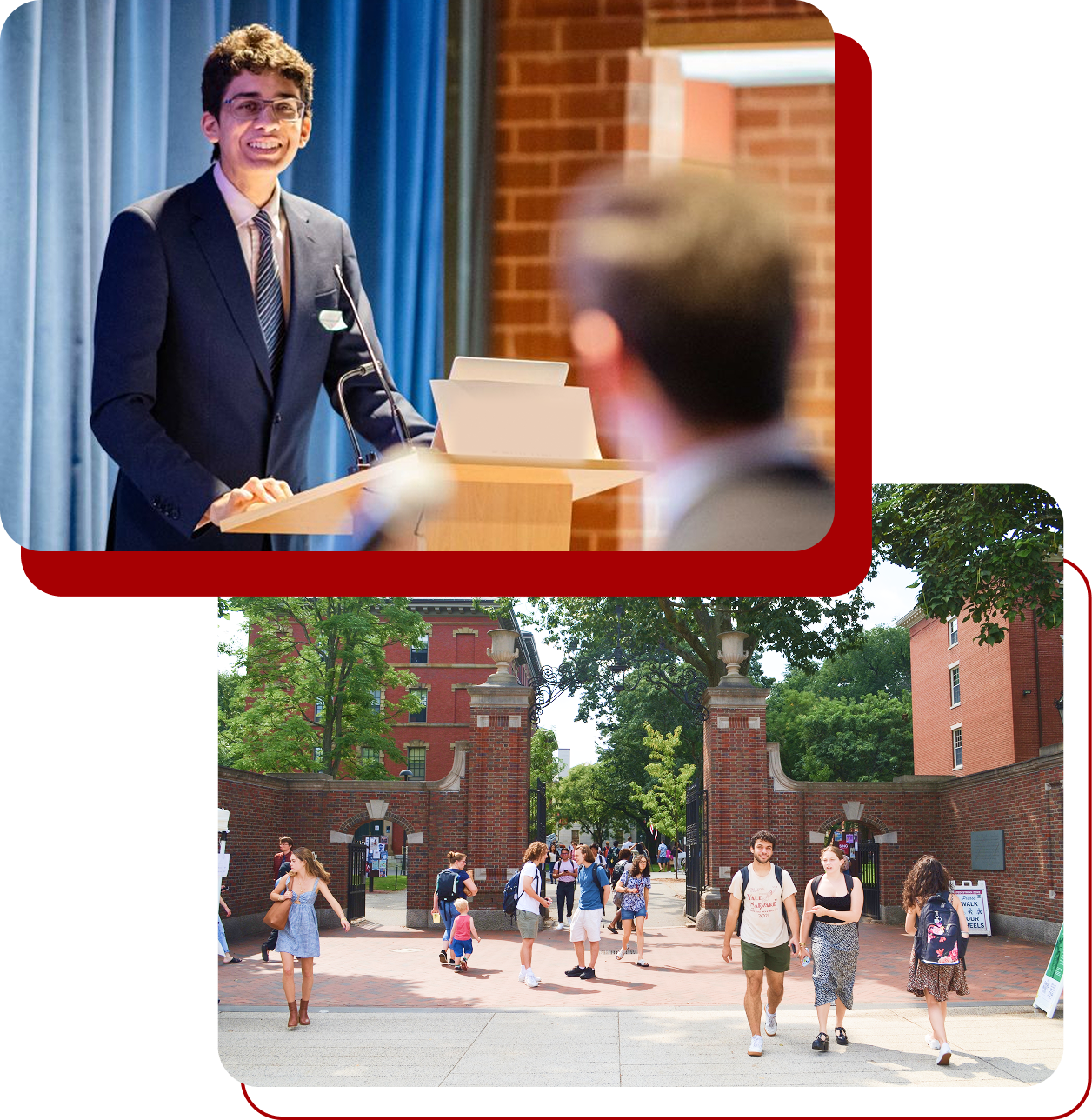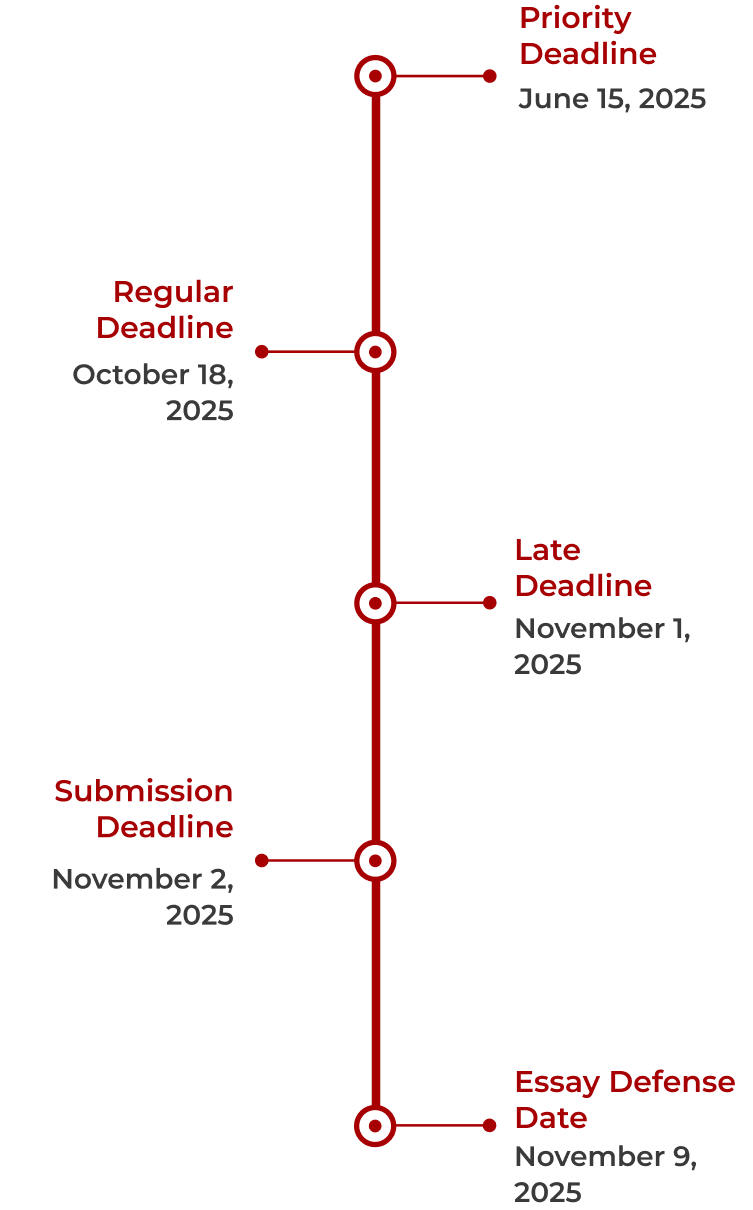
This competition is for you if you’re passionate about or studying or planning to study:
.png)
.png)
.png)
.png)
The Harvard Political Review is a student-run journal of politics, policy, and culture. The HPR is written and published entirely by Harvard undergraduates and is housed at the Institute of Politics.
The HPR was founded in 1969 by a group of Harvard College undergraduates. The founders envisioned a publication that allowed students to research, write, and edit incisive reportage and commentary in a thoughtful, non-partisan forum. To this day, the HPR does not take publication-wide editorial positions. While individual articles have distinct viewpoints, the publication as a whole does not represent any ideology or party.
Over the past generation, the HPR has incubated some of the best political minds in America. Among the magazine’s alumni are Al Gore, Jr. (former United States Vice President and Nobel Laureate), E.J. Dionne, Jr. (Washington Post columnist), Jonathan Alter (former Newsweek Senior Editor and columnist), and Jeffrey Sachs (Director of the Earth Institute at Columbia University).
The Harvard Political Review Extended Essay and Defense Challenge invites you to delve into the most pressing social and political issues of our time and share your unique perspective.
This isn’t just an competition - it’s a platform to critically engage with contemporary issues, sharpen your analytical skills, and foster a deeper understanding of complex global challenges. Whether you’re passionate about generational change, global interconnectedness, or rethinking societal narratives, this is your opportunity to make your voice heard and contribute to the conversation shaping the future.
Don’t miss the chance to amplify your ideas and leave your mark as the next generation of leaders!


Distinguish yourself from your peers by participating in a renowned competition that showcases your analytical, writing and presentation skills—boosting your profile for university applications and future endeavors

Collaborate with peers who are passionate about politics, society, and change, and establish yourself as an emerging voice in vital global dialogues.

The HPR will feature the work of global champions, 1st runners-up, and 2nd runners-up on its website, providing a platform to share your insights with the global audience

1-5 students per team
(all team members must be from the same school)

Grade 6 - 8 (Year 7 - 9)

Grade 9 - 12 (Year 10 - 13)

.png)





.png)
Participants will receive exclusive training led by members of the Harvard Political Review, focusing on effective writing techniques and presentation skills. These specialized workshops are designed to help students refine their arguments, communicate with clarity and confidence, and prepare compelling submissions for the competition. Participants will gain direct insights from experienced writers and editors, enhancing both their analytical thinking and public speaking abilities.



Across the world, cities serve as the lifeblood of their countries: hubs of innovation, culture, and entertainment. Yet, many cities today face major challenges, including traffic congestion, pollution, rising housing costs, gentrification, and growing unhoused populations. Choose one issue facing a city and propose a solution. Your essay should explain why this issue matters, analyze its causes and consequences, and offer a clear, actionable plan for how to address it.
.png)
The items we touch, the food we consume, the activities and hobbies we engage in: all of these objects, commodities, and concepts are subject to politicization. From Shein t-shirts to gendered bathrooms to Tesla Cybertrucks, seemingly neutral objects can quickly become politically charged. Pick an object and investigate the implications of its political associations. Take a position on whether politicizing daily life is an effective means of achieving political change.

Physical and mental health around the world are suffering as a consequence of the lingering effects of the COVID-19 pandemic, the rise of doomscrolling, and increasing sedentary lifestyles. Analyze a health-related issue, predict whether its effects will worsen or improve in the near future, and decide if policymakers are doing enough to combat it.
%201.png)
In 2024, many voters cited the rising cost of living as a reason for voting incumbent parties out of power around the world. Identify a driver of the global affordability crisis. Are current efforts to address this challenge effective? What further action should be taken to limit rising costs in the long term?
%201%20(1).png)
In 1917, Marcel Duchamp shocked art critics and the general public when he submitted a porcelain urinal with the name “R. Mutt” scrawled across it to a prestigious art exhibition at Grand Central Palace in New York. For many, he had pushed the boundaries of modern art well past their limits, while others called him a genius. Today, new mediums such as AI image generators and NFTs are pushing us to once again consider the opportunities, and possible limitations, for artistic expression. Consider a controversial work created in the past 50 years and take a position on its cultural, political, and/or economic ramifications.

.png)
.svg)
.svg)


.png)
.png)
.png)




.png)
This competition is more than just a challenge—it’s your pathway to making an impact on the social and political issues that matter most to you.
Register now to embark on a journey of critical thinking, writing and presentation. Delve into the topics you’re passionate about, refine your research and analytical skills, and present your insights. This is your chance to contribute your voice and ideas like the next generation of leaders.


AlgoEd is a platform that hosts curated, prestigious competitions for middle and high school students.
EXPLORE COMPETITIONS